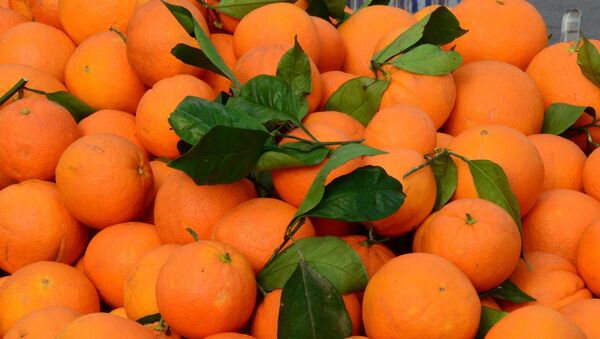Following intensified control of oranges imported from Israel, Finland has discovered the presence of bromopropylate, a pesticide banned in the EU, and blocked a 100-tonne load, national broadcaster Yle reported.
In total, eight of the 16 examined consignments were rejected by the Finnish Customs Authorities. The rest were confirmed as safe for consumers and were green-lit for sale.
“We examine the first consignments that arrive in Finland always at the start of a new harvest season. As we discovered problems with the consignments, we decided to continue with controls until the end of the orange harvest season in Israel. Most likely we will also conduct intensified controls during the next harvest season as well”, Jonna Neffing, head of product safety for Finnish Customs stated in a release on Wednesday.
“We have not found bromopropylate in any of the products we have examined for several years. Its presence in Israeli oranges this year was a surprise”, Suvi Ojanperä, the head of the customs division responsible for chemical examinations of foodstuffs, said.
Bromopropylate is a pesticide used in repelling ticks and mites found in citrus fruit. In 2011, the EU issued a blanket ban on bromopropylate, as it could not be proven safe for consumers.
Each year, the Customs Office examines about 3,000 consignments of imported foodstuffs, and searches for pesticide residue in about 1,000 samples.
Finland and Israel have historically had good economic relations, with both states benefiting from mutual imports. Finland imports fruit, vegetables, and telecommunications equipment, whereas Israel imports Finnish machinery, wood, and paper products.
With only 20 percent of Israel's land being is naturally arable, agriculture remains a key industry, covering over 90 percent of Israel's own food requirements and providing a substantial boost to the country's GDP. However, as much as 15 percent of Israel's fresh fruit and vegetables had higher pesticide residue than allowed, a 2017 survey by the Agriculture Ministry concluded.




